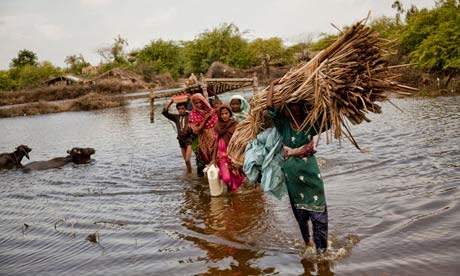Electronic waste: a serious threat?

Lazarus Sauti Waste management, pollution, inadequate access to sanitation services and poor urban conditions are identified as some of the major challenges to development in the Southern Africa Development Community region. This is because of the rise in the quality of life, high rates of resource consumption and the dumping of electronic waste (discarded electronic devices such as televisions, stoves, cartridges, refrigerators, printers, cellphones, computers, microwaves and other electrical appliances, which would have completed their life cycles and then disposed) in the region. According to United Nations Environment Programme (UNEP), an agency of the United Nations that co-ordinates its environmental activities and assists developing countries in implementing environmentally sound policies and practices, the penetration rate for electronic devices in developing countries has grown over the years and this caused environmental challenges especially in countries within ...







